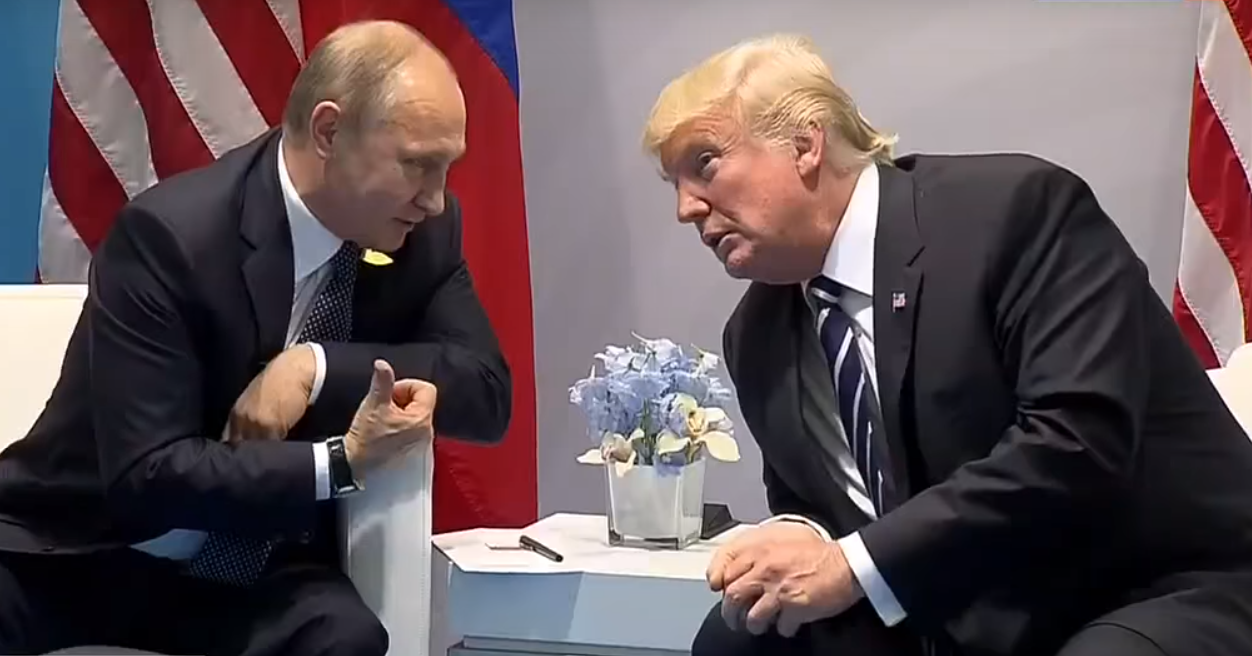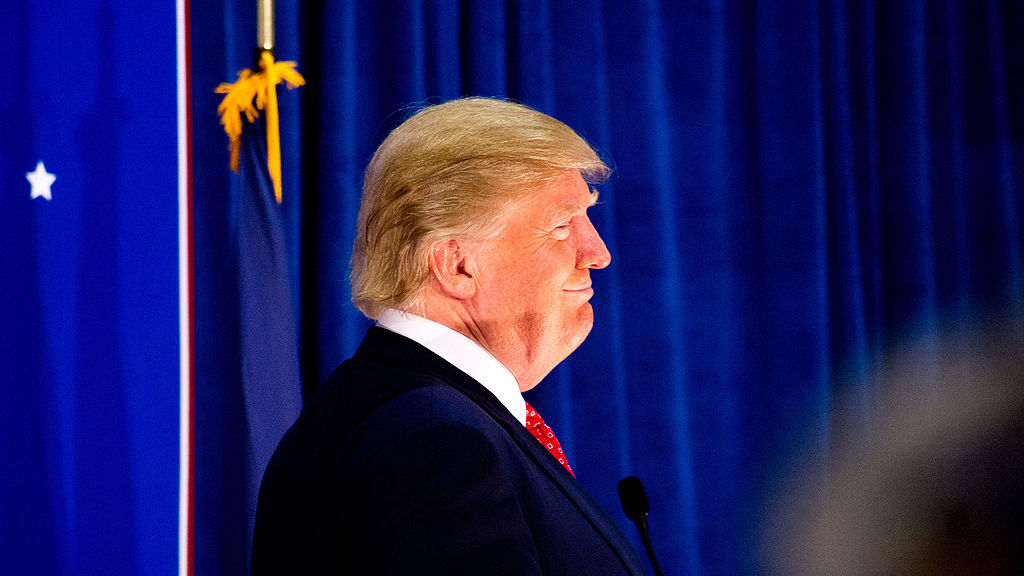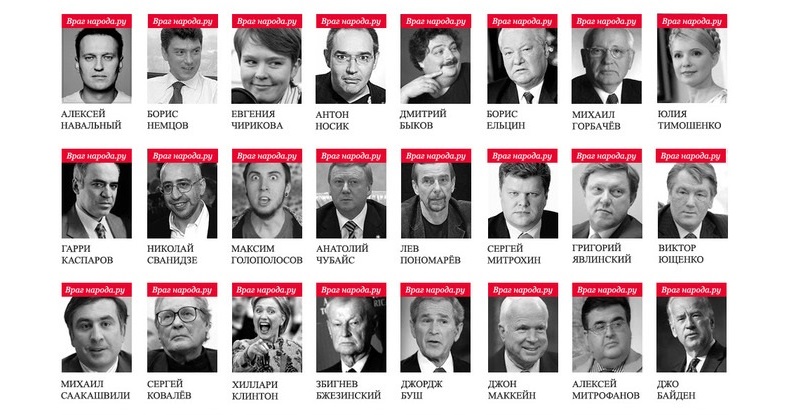Speaking to this year’s Valdai Conference, Vladimir Putin delivered a speech blaming the West for all of Russia’s problems and indicating that he will take a hard line in response, a speech that some commentators are already comparing
to his address to the Munich Security Conference in 2007.
But there was one notable exception to the Kremlin leader’s comments: He “was not aggressive or pessimistic concerning future Russian-American relations,” Petr Akopov of Moscow’s Vzglyad newspaper says
. “More than that, he defended [US President Donald] Trump from attacks and ridicule by experts.”
The question, the Moscow journalist says, is “Why?”
The Kremlin leader said that the situation had deteriorated with the removal of the Russian flag from its closed consulate, something that he suggested could hardly be imagined in Soviet times, even though, at least initially, he Putin had not responded to American moves against Russian diplomats at the end of 2016 to give time for Trump to “correct” the situation.
In the discussion period following his remarks, Putin was directly challenged by both Russian and American experts with regard to Trump and his behavior. And “it was clear,” Akpov says, “that the opinion of Russian and Western experts does not correspond with Putin’s position.”
“Trump doesn’t need any advice,” Putin said. “In order to be elected even without experience of administrative work requires having a definite talent to pass through the crucible of elections; and he has done this. He won honestly.”
“In fact,” the Vzglyad
journalist says, “there was nothing surprising in the fact that Putin did not say anything bad about Trump and even defended him from the not very wise or even negatively inclined experts.” That is “because Trump’s position toward Russia in fact hasn’t changed. He now, like a year ago, is inclined ‘to come to an understanding with Putin.’”
That the US president has not been able to do so, Akopov says, is “his misfortune” brought about by the opposition of the American political establishment “but not his fault. And in the Kremlin, this is very well understood.” Putin himself told the Valdai audience that “Trump simply isn’t being allowed to do what he wants.
According to Akopov, “one can disagree with Trump, Putin said (having in mind the domestic American situation), but one must not show a lack of respect” for what Trump wants to do but can’t because of opposition to him in the US. Cooperation with the US is possible when Trump can act on his own ideas.
“The last comment,” the Russian journalist said, “concerns not Trump personally but the US as such. And in relations with Donald Trump, soon will be made the next step: Three weeks from now, Putin will meet with him in Danang, Vietnam, at the summit of the Asian-Pacific Economic Cooperation.”
At this, their second meeting, “the two presidents will have something to discuss, although the main thing which agitates both is the issue of when at long last Donald Trump will be able to fully enter into the fulfillment of his presidential obligations” rather than being held back by others.
Related:
- Is Trump’s delay in imposing new sanctions playing into a larger Moscow game to lift them?
- Korean crisis seen opening a way for new Trump-Putin rapprochement
- To Russia with love: pivotal signals to Putin from Trump Jr meeting
- Like Hitler, Putin told the West in advance what he’d do – and the West ignored him
- Putin’s system is irreversibly collapsing, says Piontkovsky
- Putin will restore Iron Curtain after elections, Agora’s Chikov says
- Putin’s power isn’t legal but has been legitimized by violence and lies, Yakovenko says
- Six powerful quotes from Anna Politkovskaya about Vladimir Putin





